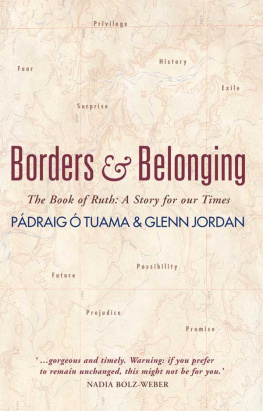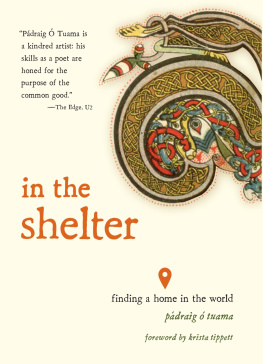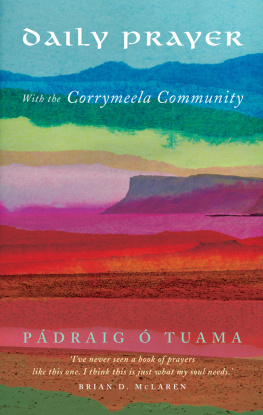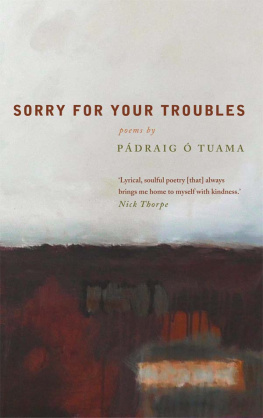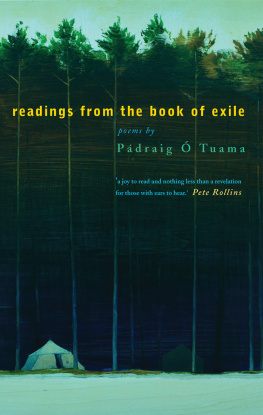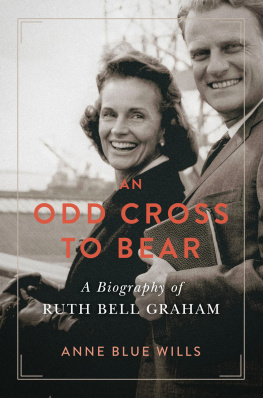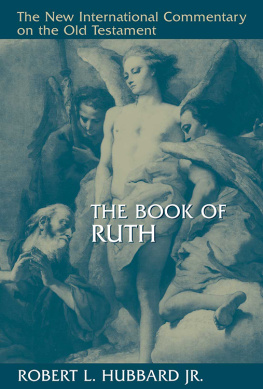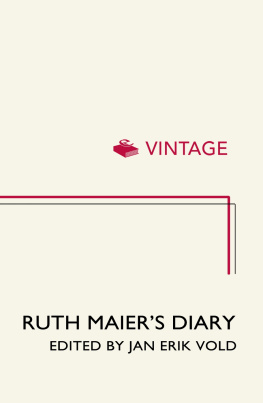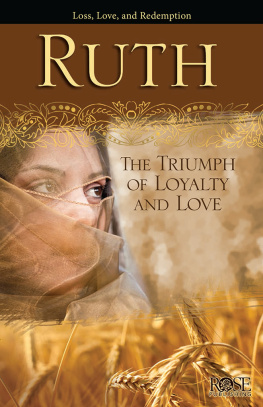Borders and Belonging
The Book of Ruth: A Story for our Times
Pdraig Tuama and Glenn Jordan
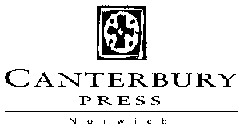
Pdraig Tuama and Glenn Jordan 2021
Published in 2021 by Canterbury Press
Editorial office
3rd Floor, Invicta House,
108114 Golden Lane,
London EC1Y 0TG, UK
www.canterburypress.co.uk
Canterbury Press is an imprint of Hymns Ancient & Modern Ltd (a registered charity)

Hymns Ancient & Modern is a registered trademark of Hymns Ancient & Modern Ltd
13A Hellesdon Park Road, Norwich,
Norfolk NR6 5DR, UK
All rights reserved. No part of this publication may be reproduced, stored in a retrieval system, or transmitted, in any form or by any means, electronic, mechanical, photocopying or otherwise, without the prior permission of the publisher, Canterbury Press.
The Authors have asserted their right under the Copyright, Designs and Patents Act 1988 to be identified as the Authors of this Work
British Library Cataloguing in Publication data
A catalogue record for this book is available from the British Library
978 1 786 22256 5
Scripture quotations are from New Revised Standard Version Bible: Anglicized Edition, copyright 1989, 1995 National Council of the Churches of Christ in the United States of America. Used by permission. All rights reserved worldwide.
The text of the Ruth Rabbah is available from www.sefaria.org/Ruth_Rabbah?lang=bi in both English and Hebrew.
Typeset by Regent Typesetting
Printed and bound by CPI Group (UK) Ltd
Glenn Jordan, 19642020
~ in r gcrothe go deo ~
Contents
Glenn Jordan
Pdraig Tuama
Glenn Jordan
Pdraig Tuama
Glenn Jordan
Pdraig Tuama
Glenn Jordan
Pdraig Tuama
Preface
As 2015 moved into 2016, I began to fear that BritishIrish relations would regress rather than progress. Brexit was happening and the rhetoric of Brexit echoed a wider rhetoric: blunt stories told poorly in order to push changes forward; changes that benefited some, devastated others, polarized many and built on stereotypes of the other that undid the possibility of a serious imagination of them.
What we needed was a story.
In the Brexit drama, the story of Britain and the story of Ireland is complicated. Where is Britain? Well, its an island, but places outside that island Northern Ireland in particular also have stories of Britishness. Gibraltar too, and the Islas Malvinas.
Stories have the power to face us with ourselves. If a story is told well, it upsets some of our conveniences and challenges the previously unchallenged. Stories have unexpected twists and turns. Stories find heroes in strange corners. Stories reveal something about the behaviour of people previously considered to be above reproach. In stories we find our hearts drawn towards multiple characters, locating ourselves in the lives of this one and that one. Stories contain our projections and our prejudices, and if were lucky we hear the story enough times that some of those projections and some of those prejudices are coaxed into a new imagination.
How does this happen? By telling the story. By listening to it. By hearing it anew. By exploring hitherto unexplored corners of it. By hearing how others read it. By a careful examination of the words. By holding many things at once: the story is true; the myth is truer than true; the events happened in this way; the story was told to challenge a people.
We are meaning-making, story-seeking people.
And so here in the aftermath of 2016 and everything it brought, which is still unknown is a story explored for our times: Ruth a widowed border-crosser, a foreigner on land not her own, a character of virtue whose national belonging was viewed before her personhood.
I was busy, in 2016. I was leading Corrymeela, and poets are quick at some things but not at most. I needed help on the project. I knew that we needed to do something find some story to bring us together in the unfolding story of politics happening all around us. I phoned Glenn. As it happens, he was looking for some change. He said yes. I breathed a sigh of relief. It took ten minutes to explain the story to him. He got it. He started reading, he started writing.
Over the next few years, we and when I say we, I mean mostly he developed resources exploring Brexit, exploring belonging, exploring borders through the lens of the book of Ruth. We did not do this for the purposes of converting anyone to anything. We held meetings in Ireland, Scotland, Wales and England that brought together about 5,000 people in order to consider how the book of Ruth might speak to a quality and practice of belonging in the here and now. The 5,000 people voted differently. Some of them loved Britain. Some of them didnt. Some of them loved Ireland. Some of them didnt. At the beginning of a session we would often ask folks if they had a story in their family of someone who came from Ireland or went to Britain or married a Protestant when they shouldnt have or dated a Catholic. Stand up if you do; sit down if you dont. There was a rare person whose family history didnt include some kind of crossing, even within the boundaries of our small islands. We discovered new borders: Cornish people marrying outside Cornwall. Northumberland sadnesses remembered. Island people from places off the coast of Ireland or Scotland who viewed mainlanders with anxiety. Somebody spoke about the mainland once, and they were misunderstood. They were a Protestant from Belfast and the mainland to them was Britain. Someone else thought they were talking about France. What we call the places we turn to is different. We turn to different places. We start at different points of the story.
Five thousand people. Yes. Hungry. Sitting down in the grass. Is there food enough for us all? What scraps? What lessons? What baskets held the food? Who offered the small idea? Who made it grow into something that could feed a multitude? I dont know, really nobody knows the author of the book of Ruth. What I can say is that the Irish governments Fund for Reconciliation was generous. I met with them to talk about the idea. They said, How much do you need? I gave them a modest amount. They upped it. The Northern Ireland Community Relations Council also helped. Honestly, we didnt need much. Just some money for small salaries for writing. Mostly we met in homes and church halls, festival tents and corners of cathedrals. There were people in those meetings who loved religion and people who didnt. Were not here to make you holy, Id often say. Glenn would usually mutter something about me not being holy myself. His mutterings were always gold.
What follows is an exploration of the magnificent book of Ruth, an exploration undertaken for the purposes of hope. Can we find a story that might lead us to say things other than the things we are shouting at each other in the letters section of newspapers, comments sections of websites and social media, shouty parts of shouty programmes on radio and television? Can we be held in some kind of narrative creativity by a story whose origins we do not know?
We hope so.
We were two Irish men writing stories about a Moabite woman and her Jewish family. We recognize the audacity. We do not explore this story to own it; we explore it to honour it, knowing that we need to be changed, not it. Our explorations of how to read this story, and therefore how to read the question of today, overlaps, diverges, coalesces and contradicts. Thats the point. We arent presenting one way, were telling stories of how we circled round this magnificent story during a time when were sorely in need of the kind of stories that might help us tell better stories about each other.
Next page
